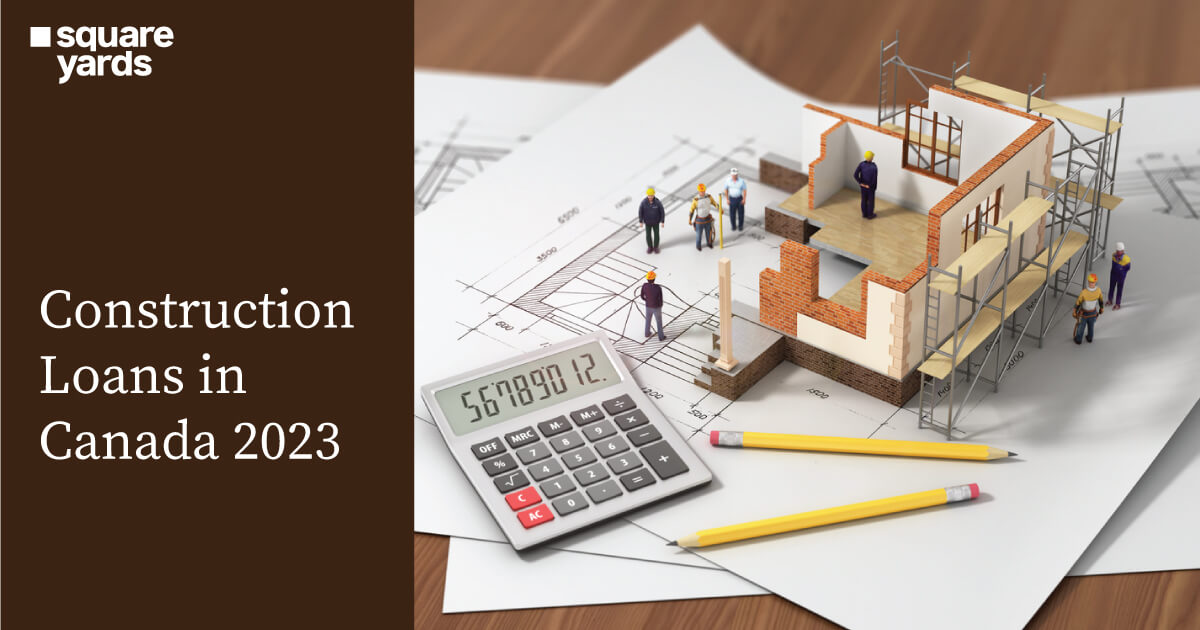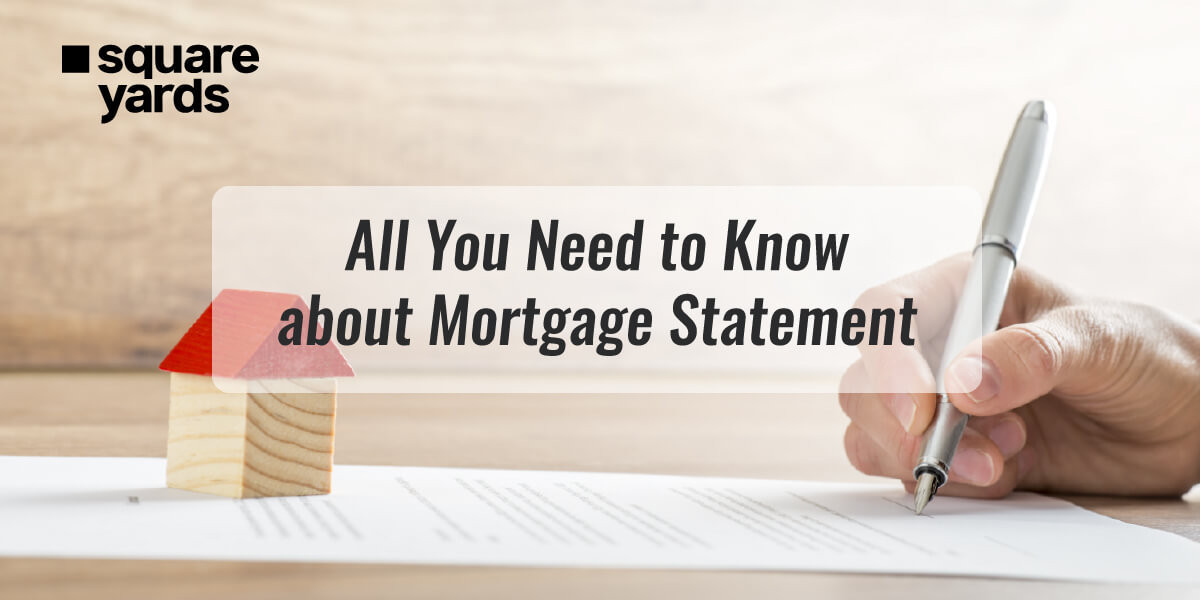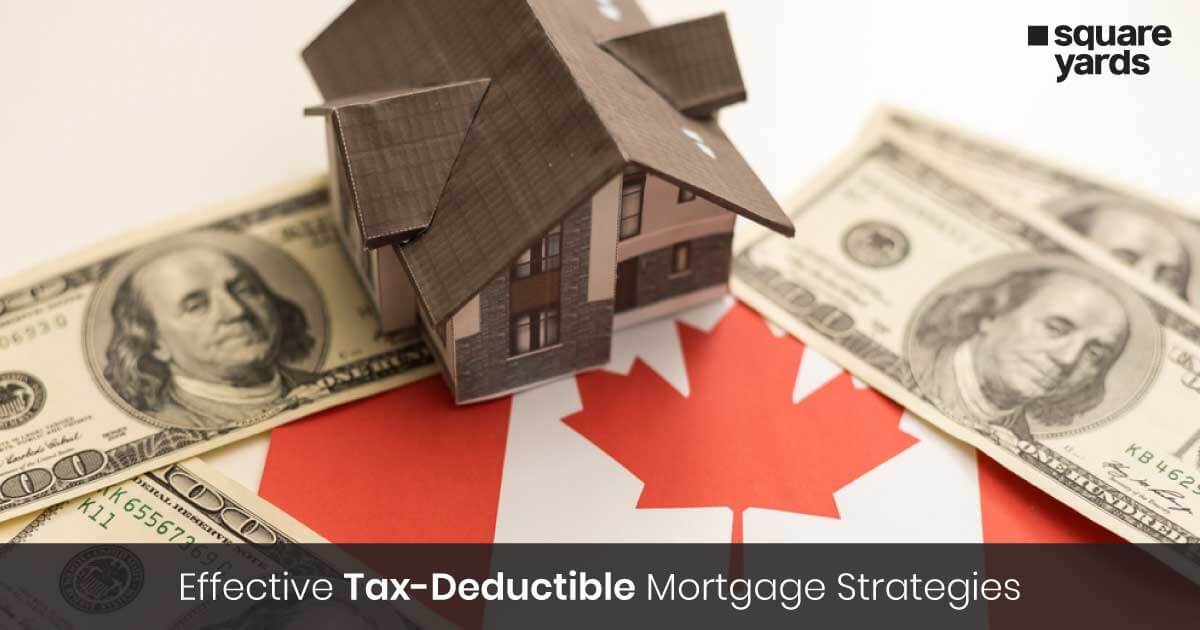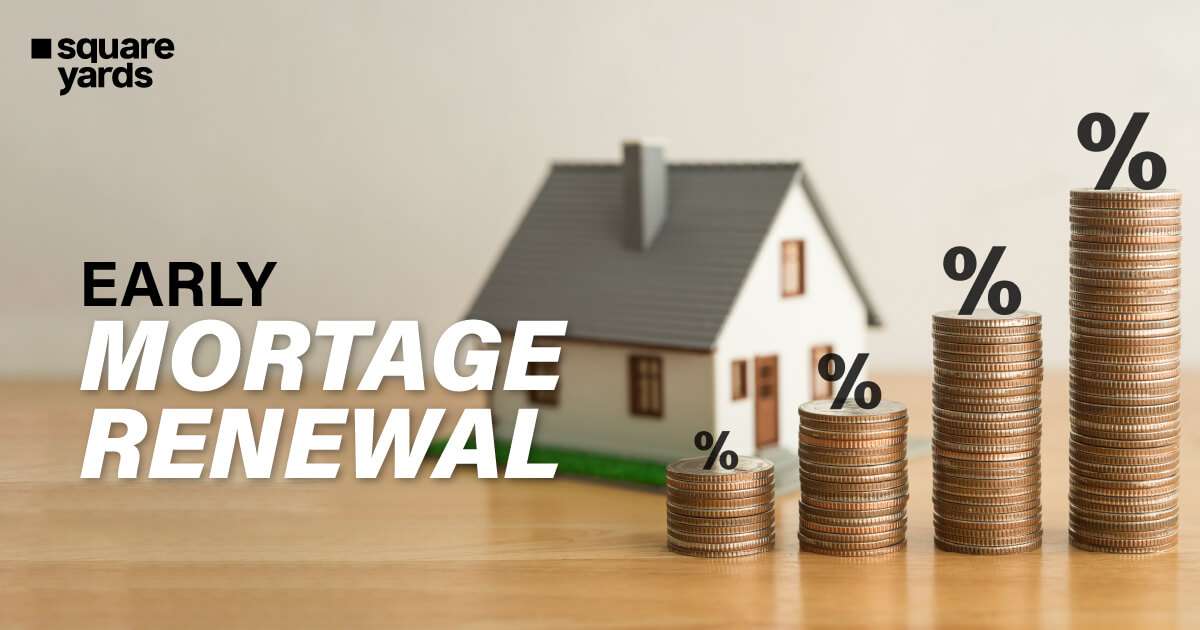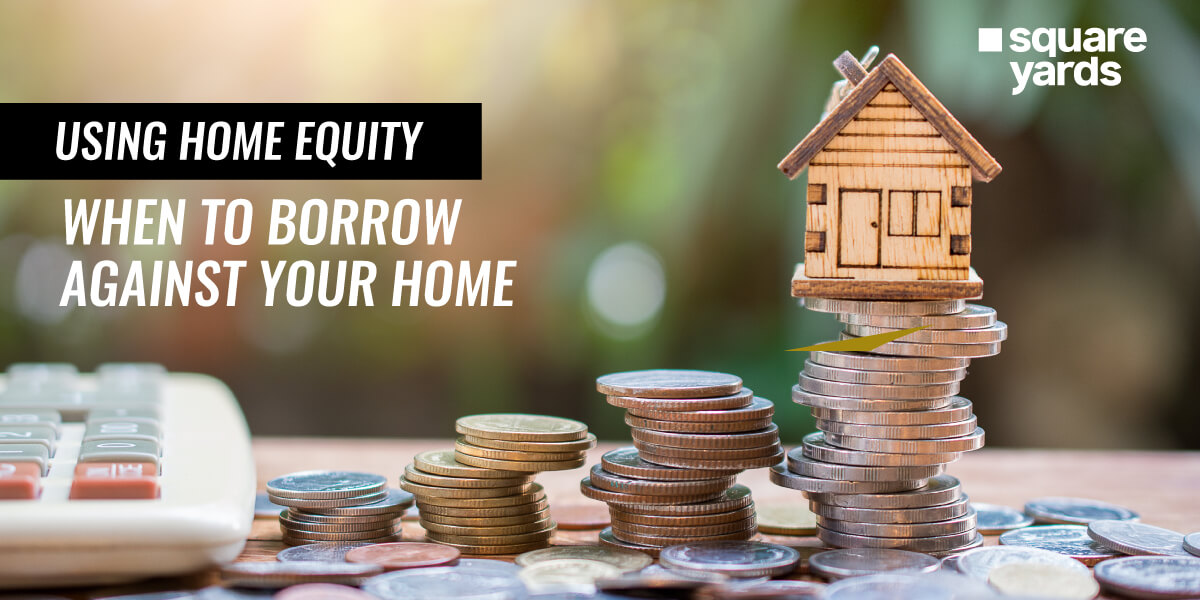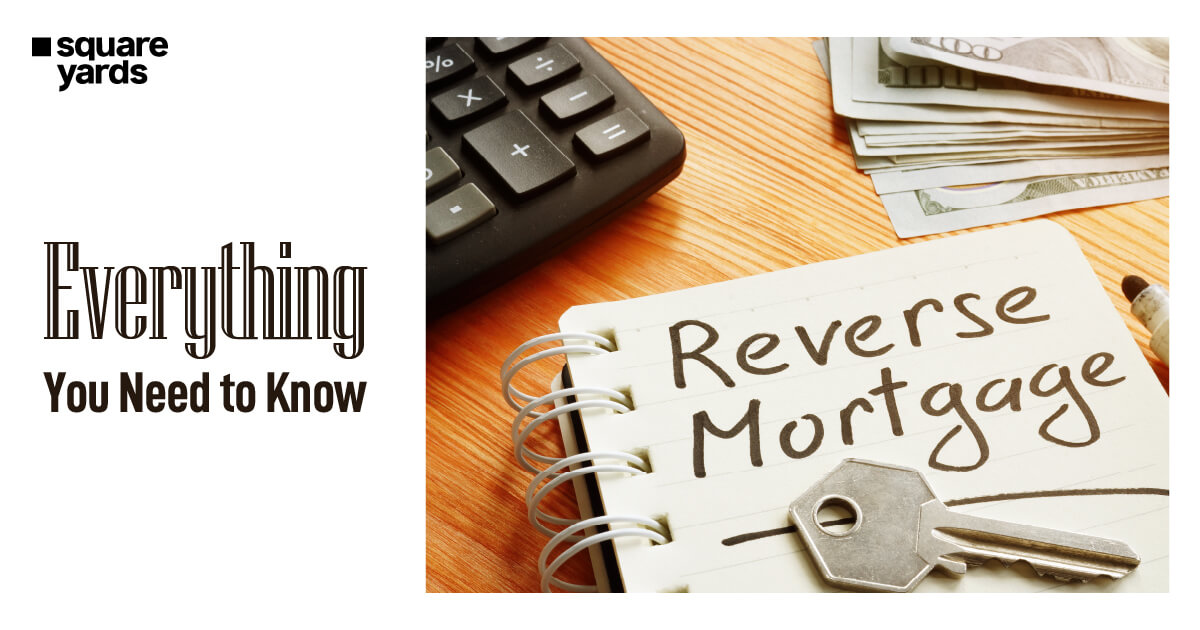Construction loans Canada are specialized loans that you can utilize to finance the construction of a new home, commercial structure, or other real estate ventures. These specialised loans often have higher mortgage rates Canada and shorter repayment periods and provide developers. Builders and contractors alike with the necessary funds to cover the cost of construction projects. With construction loans, the dream of seeing your new home come to life can be realised.
Home Construction Loans vs Construction Mortgages
Regarding home construction loans vs mortgage rates Canada, there are several key differences to consider.
| Home Construction Loans | Construction Mortgages |
| A home construction loan is a short-term loan used to finance the cost of building a new home. | A construction mortgage is a loan used to finance the purchase of a home. Mortgages may be offered by banks, credit unions, or other lenders. |
| This type of loan usually requires the borrower to have a good credit score and a high income, as the loan amount is usually quite large. | Construction Mortgages usually require the borrower to have a good credit score and a steady income, as the loan amount is typically quite large. |
| The loan amount is typically paid out in sections, as the construction of the home progresses. Once the home is completed, the loan is typically converted into a mortgage or home loan. | The Construction Mortgage amount is typically paid out over a set period of time, with interest being charged on the loan each month. Once the loan is paid off, the borrower owns the home outright. |
When comparing home construction loans vs construction mortgage rates Canada, it’s important to consider the advantages and disadvantages of each option. Home construction loans require the borrower to have
How Does a New Construction Loan Function

Draw mortgage rates Canada, often referred to as construction loans, are financial arrangements that can be used to build a home. Through this arrangement, a lender provides financing to a borrower, which they may utilise to pay for purchase materials and contractors. In many cases, the funds will be dispersed to the borrower’s lawyer who, then in turn, disburses them to the contractor. Some lenders may deal exclusively with the contractor, but a clear budget and construction plan must be presented to have the best chance of securing the loan.
Typically, a lender will allow the borrower to borrow up to 75% of the construction cost, requiring the borrower to cover the remaining 25% out-of-pocket. Draws are then paid out in stages as construction progresses, ensuring that the loan funds are used for building the home. For those individuals who wish to build their own home and do not use a home builder or a general contractor, a self-build construction loan may be available, but they must possess the necessary skills and experience.
Overall, construction loans are a great way to finance the building of a home, but it is important to have a budget and construction plan in order to increase the chances of being approved.
Eligibility Criteria for Getting a Construction Loan in Canada

As opposed to the more commonplace mortgage loans, construction loan requirements necessitate a greater outlay of funds upfront. As the collateral is incomplete, lenders must be supplied with additional information when considering this type of loan. Although construction loans are less expensive in the long run than completed dwellings, they are more susceptible to evaluating the borrower’s income, debt, and credit scores. Though the approval process is more rigorous than a traditional construction mortgage, with enough research, one can find a broker or lender who meets their needs. In order to obtain a construction loan in Canada, you must meet the following eligibility criteria:
-
Credit History
You must have a good credit history and score, as well as a proven record of making payments on time. Your credit history will be evaluated to determine if you are able to take on the financial responsibility of a loan.
-
Income
You must have sufficient income to cover the costs of the loan, including interest and fees. Your lender will want to know your income and may ask for proof of income, such as tax returns or pay stubs.
-
Assets and Equity
You must have assets and equity to secure the loan. This could include cash, property, or other investments. Your lender will evaluate your assets to determine your ability to pay back the loan.
-
Down Payment
You must be able to make a down payment. A down payment is typically 10-20% of the total loan amount and indicates your financial commitment.
-
Property
You must have a suitable property for the loan. This includes having the proper zoning and permits for the property, as well as an appraisal. Your lender will evaluate the property to determine its value.
Construction Loan Financing Programs

Construction loan financing programs in Canada are typically short-term loans that provide funding for building or renovating a property. These loans can be secured against the property being built or renovated and typically have a term of up to 12 months. Some of them have been mentioned below.
-
Home Improvement Mortgages
If you’re in the market for a home and want to make improvements, you can take advantage of a home improvement mortgage. Lenders offer home improvement mortgage rates Canada that provide extra funds to modify your home. For instance, the Meridian’s Purchase Plus Improvement Mortgage enables you to borrow amount of up to 20% of the price of purchase, with a maximum of $40,000. You’ll receive the funds for the improvement projects after you’ve completed them rather than up front.
Since home improvements can raise the property’s value, the down payment amount will also rise. The down payment will be based on the lowest of either the property’s new value or the total purchase price and the improvement costs.
-
CMHC Rental Construction Financing
The Canada Mortgage and Housing Corporation (CMHC) offers a great incentive for those involved in the multi-unit rental market. It is possible to secure up to 100% of construction costs or 85% of the property’s lending value, with a minimum of $1,000,000. The best part is that no CMHC premiums are required, meaning that you can get a 10-year term with a fixed interest rate and up to a 50-year amortization period – all you need to do is pay the interest during construction. To receive this funding, there is a one-time application fee of $200 per residential unit, or 0.3% of the loan amount over $100,000 if it is non-residential. The details are on the CMHC’s Rental Construction Financing Initiative website.
-
CMHC National Housing Co-Investment Fund
The City of Gatineau offers developers a generous incentive to build in the downtown area, granting up to a staggering 90% subsidy on Quebec property taxes for qualifying construction projects. To take advantage of this opportunity, the building must be a minimum of three storeys, with at least four units. The more ambitious the development, the longer the duration of the subsidy, with a 120-month grant available for projects of seven stories or more and an 86-month grant designated for three-storey buildings.
Moreover, LEED-certified developments may secure an even greater reward, with a 90% subsidy compared to the 75% granted to standard buildings. Please visit the Gatineau Municipal website for further information on the Downtown Housing Grant Program.
-
Quebec Downtown Housing Grant Program
The City of Gatineau is offering an incredible opportunity for developers looking to construct a building in the downtown area. This remarkable offer provides a subsidy of up to 90% on property taxes in Quebec for qualifying projects. Buildings must be a minimum of three stories with four or more units to be eligible for this generous grant.
Gatineau offers an incredible Downtown Housing Grant Program providing financial assistance to help fund renovations in the downtown area. Depending on the size of the building, owners can receive a subsidy of up to 90%. For buildings with seven stories or more, the maximum duration of the subsidy is 120 months, and for buildings LEED-certified, the subsidy is 90%. Standard buildings receive a 75% grant. Explore the potential of this grant and learn more by visiting the Gatineau Municipal page.
Frequently Asked Question (FAQs)
A construction loan's repayment terms and conditions may vary depending on the lender. For some, the loan must be paid off in full at the end of the construction period, while others only require interest payments during the build. It is important to research which lender will best suit your needs.
If you do not already own the property to build on, your first construction draw is typically used to purchase the land. This initial draw may be paid before the building starts, comprising between 65% and 75% of the land's cost. However, some lenders do not pay out the first draw in advance, so you may need to seek alternative financing to cover the cost of the vacant land.
Once the home is completed, the construction loan must be refinanced into a conventional mortgage or paid off in full.
The total amount of any construction draw is not given to contractors, as a construction holdback of 10% is required by a province's Builders' Lien Act and withheld from payments made to the general contractor. Do I have to make monthly payments on construction loans?
Can I receive money to purchase land with a construction loan?
What happens to a construction loan when construction is complete?
Do contractors receive the full amount of construction advances?

